 We recently (virtually) sat down with Award alumni Briony Benjamin, global storyteller and author of the recently released book, Life if Tough But So Are You. The book is all about how to rise to the challenge when things go pear-shaped (or C-shaped, as they did for her). She created the book to help other people who have had a massive setback and can’t really get their head around what’s happening right now, let alone what to do next.
We recently (virtually) sat down with Award alumni Briony Benjamin, global storyteller and author of the recently released book, Life if Tough But So Are You. The book is all about how to rise to the challenge when things go pear-shaped (or C-shaped, as they did for her). She created the book to help other people who have had a massive setback and can’t really get their head around what’s happening right now, let alone what to do next.
We chatted to Briony about her Award, about her favorite memories and activities from her journey, and what skills and lessons she learnt along the way. We talked about how some of these skills, like resilience, helped her through one of the toughest challenges anyone can go through, a stage 4 lymphoma diagnosis, which meant saying goodbye to her apartment and job and hello to chemo and a bunch of majorly unexpected plot twists – including becoming an author. Briony also gave us a bunch of tips for any young person facing any life challenge, no matter how big that challenge may be.
Read on to be inspired by Briony's amazing journey through life's challenges and all that she learnt along the way!
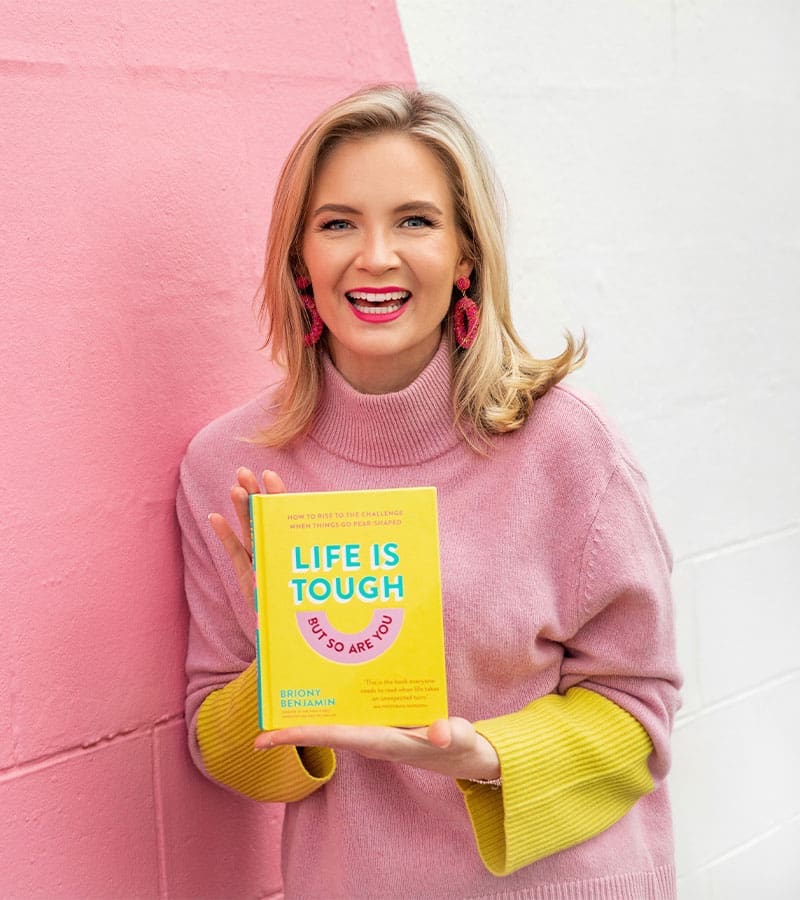
Duke of Ed: So tell us a little bit about your Award experience?
Briony: I did my Duke of Ed when I was at All Saints Anglican school in NSW. I did my Bronze Award first, when I was in Grade 10 and then I did my Silver Award when I was in Grade 11. I still have very, very vivid memories of some of our expeditions, one in particular to Mount Barney. I remember we set up our tents, which weren't really tents (more of a tarp that we slept under for the night) and when we woke up we were absolutely drenched in water! We had learnt the hard way that we had not set up our tent in a ditch, but in a dry creek bed, which became very much a real creek bed in the middle of the night. So I remember literally waking up and we were just floating on our mattresses and everything was saturated.
Duke of Ed: That must have been tough!
Briony: We just laughed about it lot! One of the girls cried, but you know, the other two of us we just thought it was pretty funny. But it was very character building! I also remember we had two brilliant teachers, Mr. Stevens and Miss bell who led the program and did a lot the activities with us, and I did my Award with a whole heap of girlfriends, that are still some of my closest buddies!
Duke of Ed: Do you have a favourite memory or activity from your Award journey that really sticks out for you?
Briony: Yeah! It was the Mount Barney trip I mentioned before. On the trip we were really left to our own devices, we had a teacher with us in our team, but they really let us direct the whole trip, and I remember on the journey up to the summit we got really, really lost. So lost we ended up not getting to the top of the mountain, which was kind of the point of the journey, to reach the summit. But I think it was a great lesson in it’s not always just about accomplishing the end goal, sometimes it about what you learn on the journey! So yeah, we didn't get to reach the summit, but in a way, I think it was much better that we didn't, that our teachers didn't just show us the way and make it easy, that we couldn't figure it out, and that we got so lost. Because, in the end, it was a great lesson in resilience, that you don't always get there, and that that's fine!
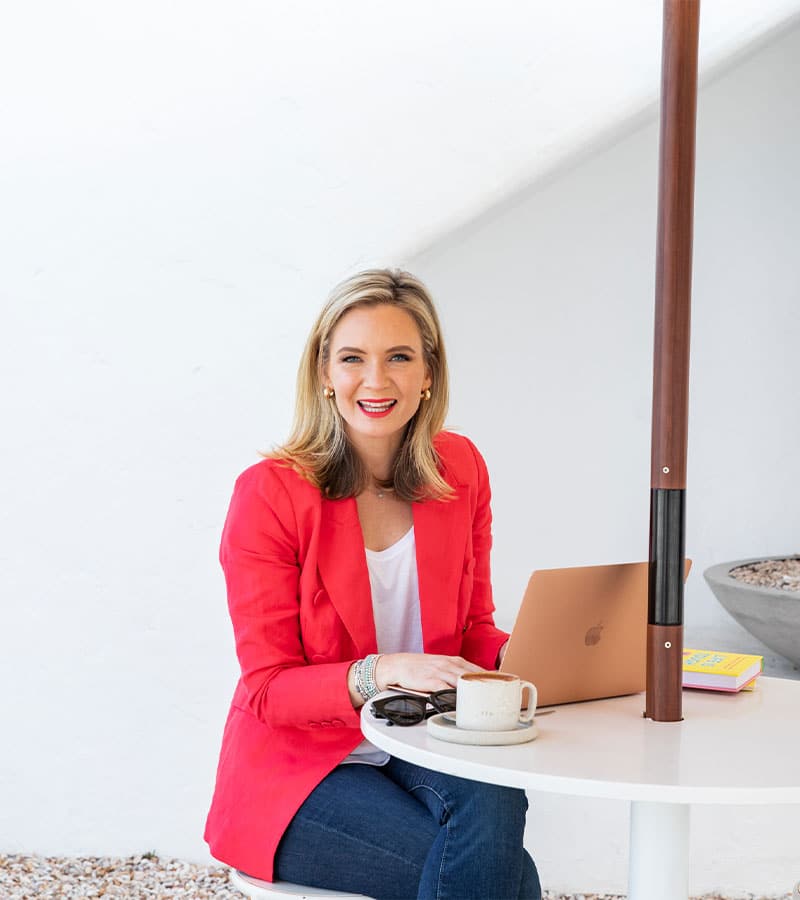
Duke of Ed: So, tell us a little bit about yourself and what have you been up to since you finished your Award?
Briony: So, after I finished school I went on to university to study a Commerce Degree in Brisbane which I loved. Then when I finished that i re-enrolled and went back to study a film and TV degree to learn how to make films that could really do positive things for the world.
Duke of Ed: Wow that’s a big change? What brought that on?
Briony: I've always had a big passion for the environment, which I'm sure was spurred on by spending so much time out outdoors with Duke of Ed, so I really wanted to make films that could talk to people about the big issues like climate change and the state of our oceans and just living more sustainably. Studying that was how I ended up getting a job working in that field. After university I ended up working for a production company that made videos for a lot of purpose led organizations that were working in the environmental and the climate space. So that was great because I got to put all that passion and what I’d learnt into action.
Duke of Ed: How did you get from there to where you are now?
Briony: After working at the production company, I made a film about young people and abusive relationships that was commissioned by the ABC. I made that film because I wanted to understand how anyone ends up in an abusive relationship, how people fall in love with someone that ends up dangerous and harmful, and how to recognise the difference between a healthy and an unhealthy relationship, especially when your young and inexperienced in love. That film led into me getting a job at Mamma Mia Women's Network, as the executive producer of video there. I had a great time heading up that for a few years, I made lots of videos that went viral and had a brilliant team that I got to work with. Then a year into that, I was just really feeling awful and sick all the time. After getting a lot of dead ends medically, I got diagnosed with stage four Hodgkin's lymphoma, which is a cancer of the lymphatic system. At that point I had to stop working and I headed home to Queensland to be with my parents whilst I faced that next challenge of treatment and recovery.
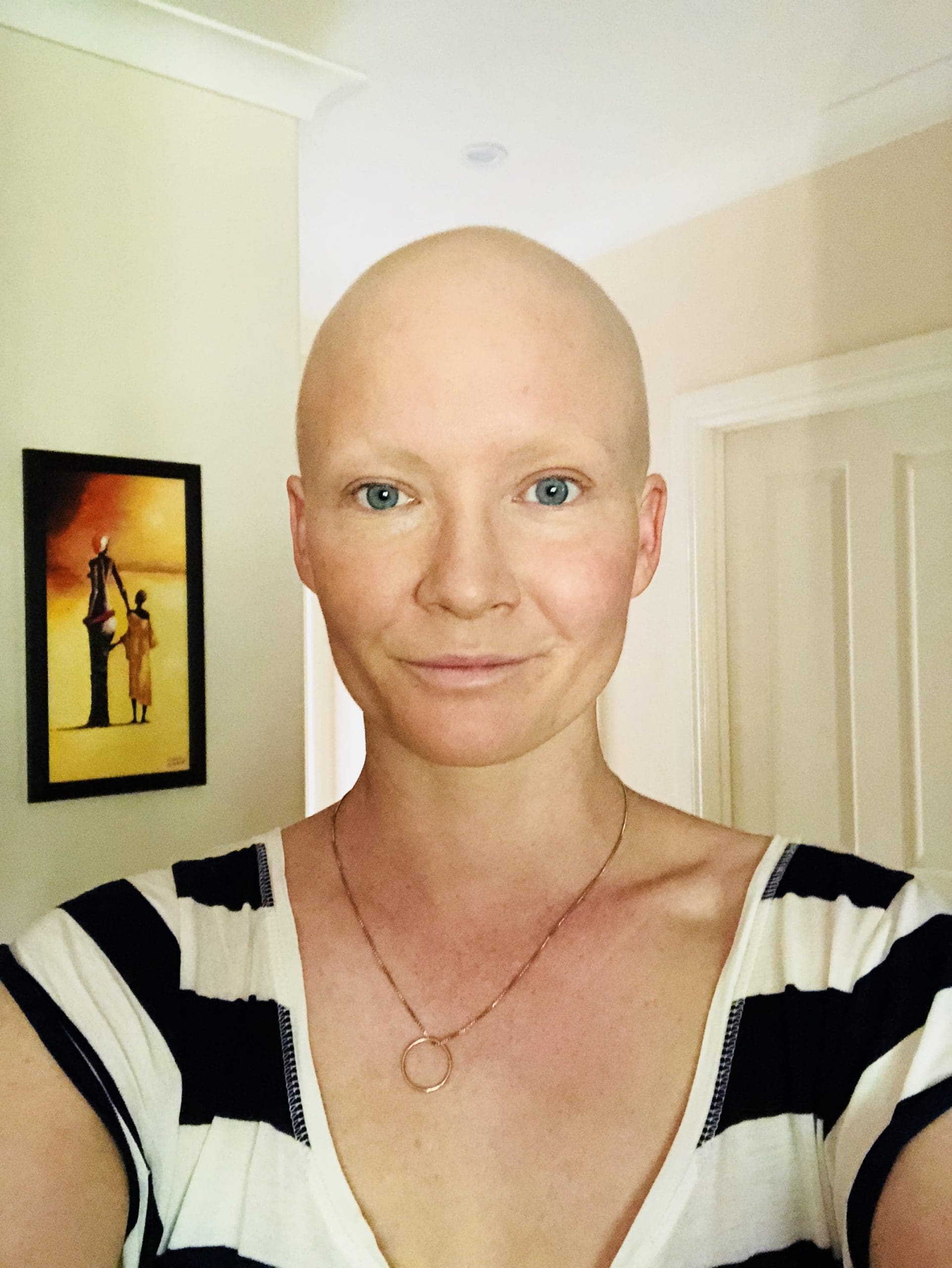
Duke of Ed: In your book, you talk a lot about what you learned from that challenge. Is there anything from your Award that you feel like has helped you face that challenge and other challenges in life?
Briony: Yes absolutely, the Award is really character building, I think especially the experience of being out in nature. Being in the wild is very humbling because you’re at the mercy of the natural world around you. You know, if you're caught in storm that you can't predict, and you get stuck, you just have to deal with it. Or, if you get lost - you have to work together to get through it. I think experiences like that were formative in terms of having to deal with life's challenges as they teach you to be resilient and to keep going no matter what's happening. Certainly, with the experience of cancer, it was very much like climbing a mountain, you have to approach it one step at a time. It was a huge challenge but all you can do is put one foot in front of the other and lean on the people around you. The other thing I also learnt through my Award is to approach challenging experiences as lightly as you can, even when it is a bit tricky and a bit challenging, you have to find the light in that, to find ways to laugh and keep your good humour about you.
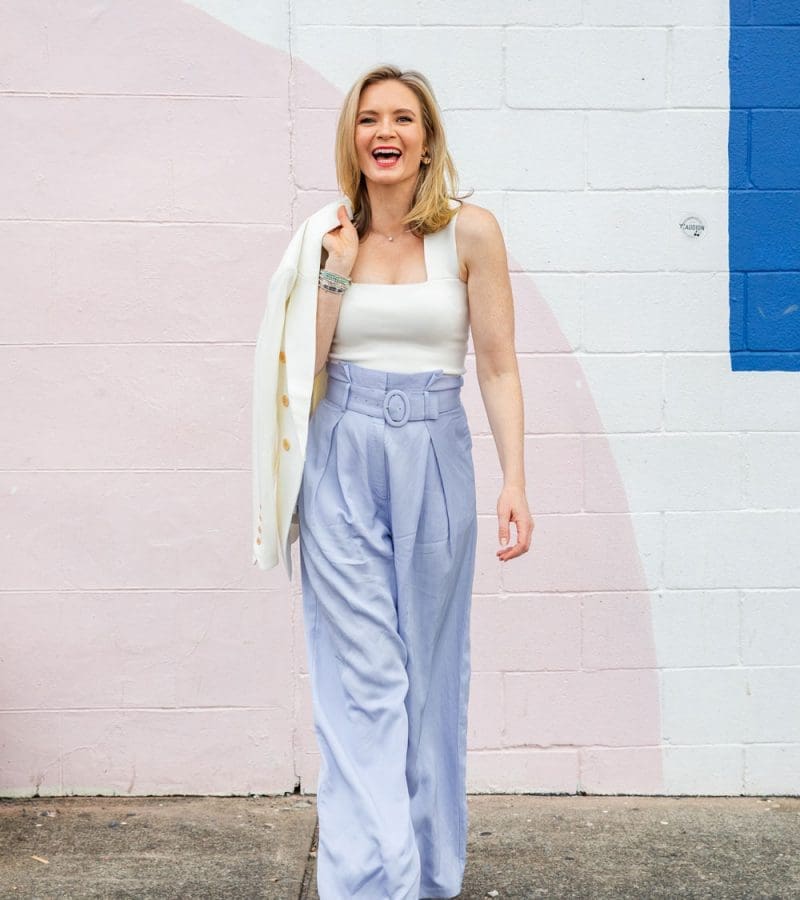 Duke of Ed: What gave you the courage to share your story, and how did you end up writing a book?
Duke of Ed: What gave you the courage to share your story, and how did you end up writing a book?
Briony: Video is the medium I've always loved and known. So, when I first got diagnosed some friends encouraged me to start documenting the journey. But I didn't actually share anything online or on social media about my diagnosis until I had been through treatment and was out the other side, that’s when I then felt safe to share and be vulnerable. So, when it comes to sharing, I think the most important thing you've got to ask yourself first is: do I feel safe to do this? Is this a good time? Is this going to help me? Is it going to help others? When I go to the point where I could answer yes to all those questions, that was when it felt good for me to share. When I put the video out in the world, it went viral. So many people reached out saying it had a really big impact on them, whether that be because it allowed them to reconnect with a family member that they hadn't spoken to in ages, or from people that were going through treatment saying how much you were lifted by it and how much it had given them. From the response, I knew I’d hit some nail on the head, that I had offered something people really connected with.
In terms of writing the book, that was a big challenge. It was something I was really excited by, but it was a big challenge. But like we talked about with the Award and the other challenges you encounter in life, you just have to break it down and approach it step by step. So, what I did was literally write a list of every single step that I would have to do, to write a book, starting with things as simple as: email the publisher a proposal, email my friend to ask for advice on a proposal, write chapter outlines etc. Then I put them all into a calendar for the year and crossed them off as I did them. So that was how I did it. I broke it down into its pieces. The other thing I’d say to any young people reading or listening is, you don't have to wait. I think everyone's got a book inside them. We often get told you can’t do that now, or we wait for someone else to give us permission. But I just think if you've got something you really love, and you want to do it, just go for it! You only learn by doing!

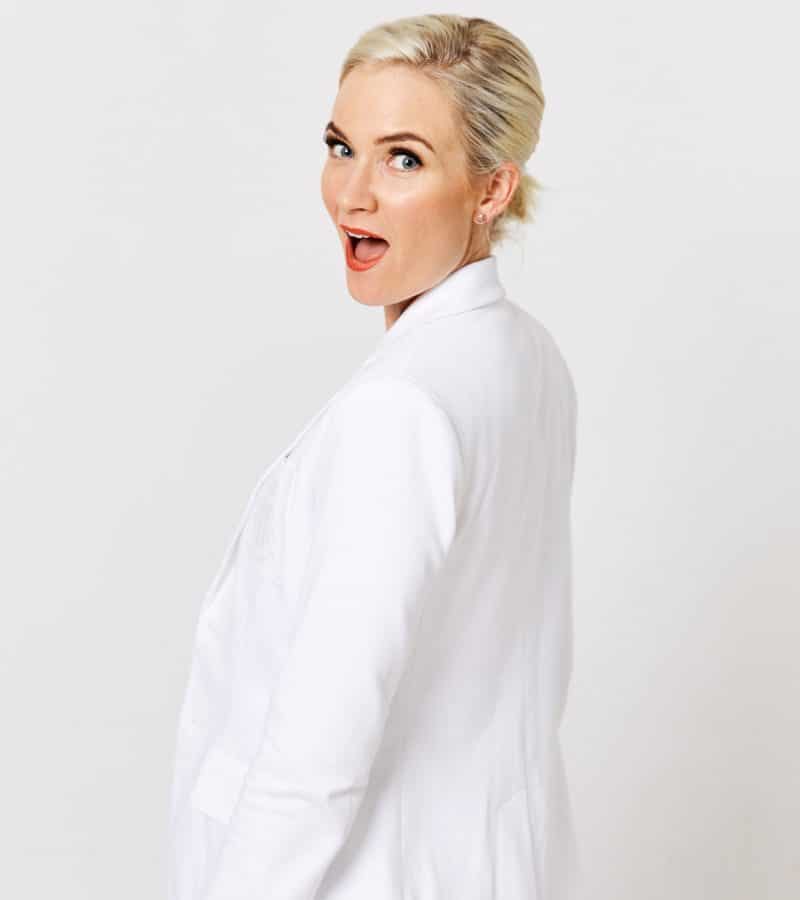
Duke of Ed: Hearing you talk about that skill of breaking down large challenges into achievable steps, it makes me think of how Participants approach their Award Journey, making SMART goals and logging their progress in ORB. Do you feel like that skill of breaking down challenges into achievable steps and monitoring your progress, is something you learnt through your Award?
Briony: Yeah, totally. I think it’s incredibly important to keep track of your wins and your progress. I didn’t use to be someone who broke goals down like that, I used to just set ambitious goals and tried to get them done. But it's way easier if you give yourself a system and a timeframe. And you know, make them smart and achievable and keep track of how you're going.
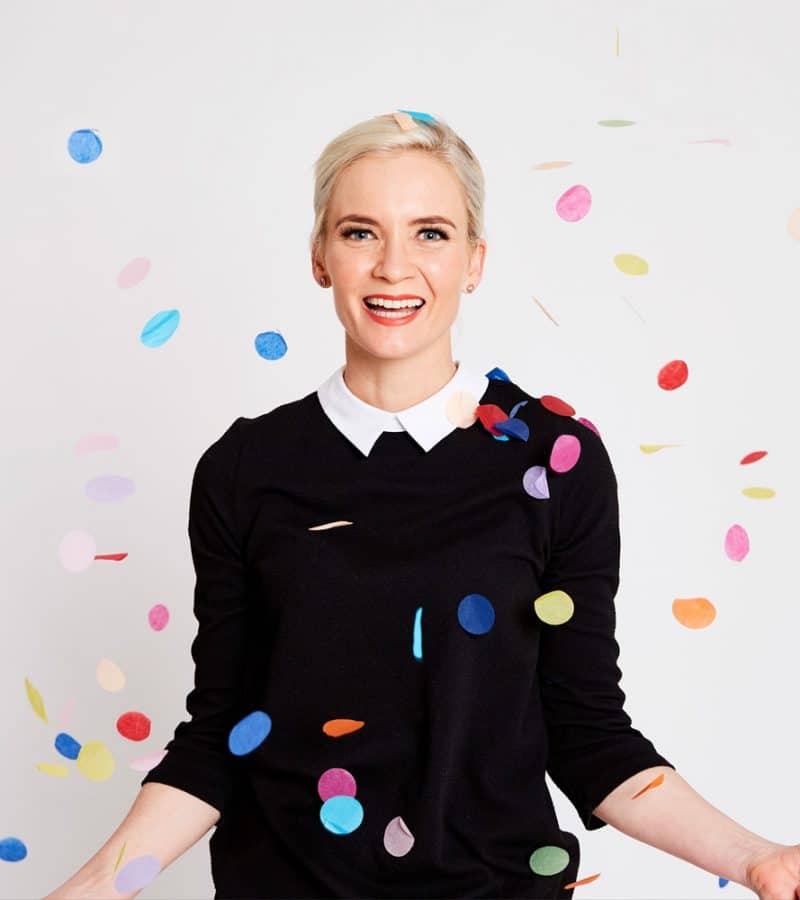 Duke of Ed: With things like Climate Change and COVID, young people are facing an unprecedented bout of change and challenges, do you have any tips for young people in facing these challenges and building resilience?
Duke of Ed: With things like Climate Change and COVID, young people are facing an unprecedented bout of change and challenges, do you have any tips for young people in facing these challenges and building resilience?
Briony: The first thing I would say is, you don't have to force and fake positivity. You're allowed to feel how you feel. But there's a fine balance between wallowing in sadness and allowing yourself to feel what you feel. So, I always say to people, welcome the pain and make space for it, and give it a name if you want. So, for me, when my fatigue and nausea comes back (which is a daily thing), I face it by naming it and sitting with it, rather than trying to ignore it or push it away. Then the other thing that's been critical for me, and I think is for everyone is practicing gratitude. It can feel a bit token these days as people tend to throw ‘be grateful’ around a lot, and you probably roll your eyes when you hear it. But the thing is, just because something's common knowledge doesn't mean its common practice. For me, it’s been an integral strategy throughout my cancer challenge, and as a result I now have a daily gratitude practice.
If you’re someone that would forget to do it, the key is finding a trigger point during the day. I always stop before a meal and just sit there for a moment, I might even shut my eyes, and I just feel grateful for the meal I'm about to eat, and where it's come from, and all the all the amazing different components that have resulted in me having a beautiful meal in front of me right now. So even though it’s simple, it’s incredibly important because gratitude is a powerful antidote to anxiety, fear, and to being stressed. I can honestly say that when I went into hospital, each time, I would feel incredibly grateful to live in a country where I could have chemotherapy and treatment and, I felt grateful that my body was strong enough to be able to have chemotherapy. So, what I would say is, that even in your darkest times, or your hardest times, there is literally always something to feel grateful for. Yes, COVID has been a really tough, but we’re so fortunate to live in a country where we've had access to health care, and even if there’s things to critique about how the Government has handled things, for the most part our systems and society are still functioning. So, I think it's just always trying to find those things to feel grateful for.
Lastly my other big message, particularly for young people, is that rest and sleep are actually the most important things that you can do to your fuel body. I’m not saying that I gave myself lymphoma, but I certainly never gave my body a chance to catch up on my burning the candle at both ends trying to cram in so much and do so much. So, I would say to young people, getting your eight hours of sleep at night is one of the most critical things you can do for your own well-being and your health. You know, Netflix last year announced that their biggest competitor is sleep. So yes, there are huge industries out there trying to keep our sleep from us, and it’s important to remember to value it!
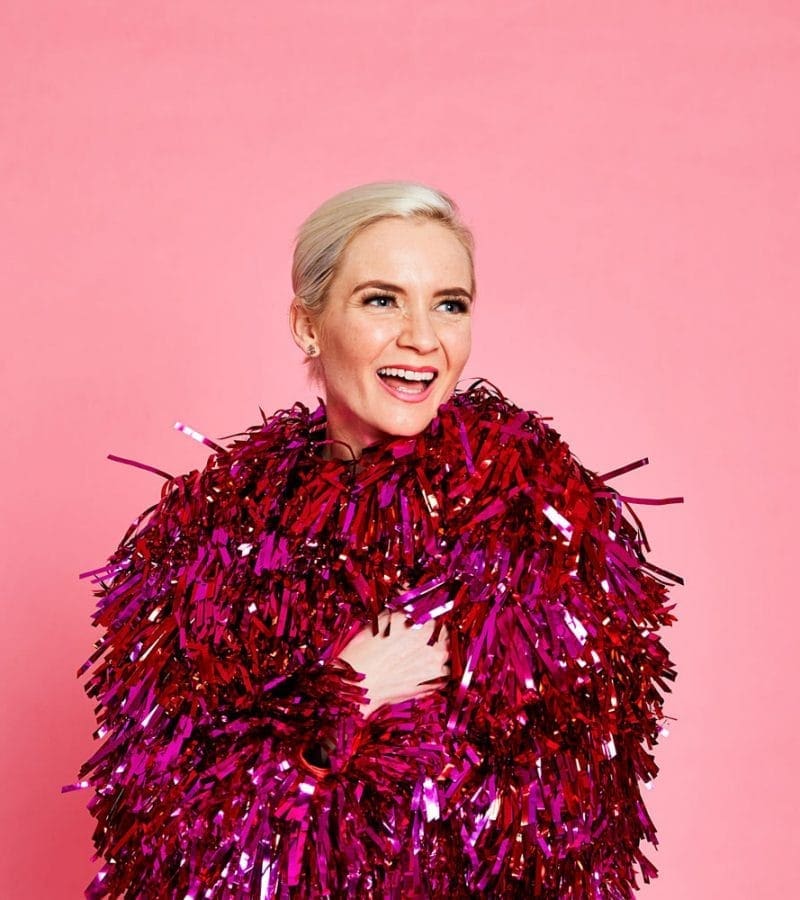
Duke of Ed: Thank you Briony, this has been an incredibly inspiring and educational!
If you want to learn more about Briony you can follow her on Instagram @briony_Benjamin or visit her website https://www.brionybenjamin.com.
You can buy her book through all leading retailers or online: https://www.booktopia.com.au/life-is-tough-but-so-are-you--briony-benjamin/book/9781922351364.html
